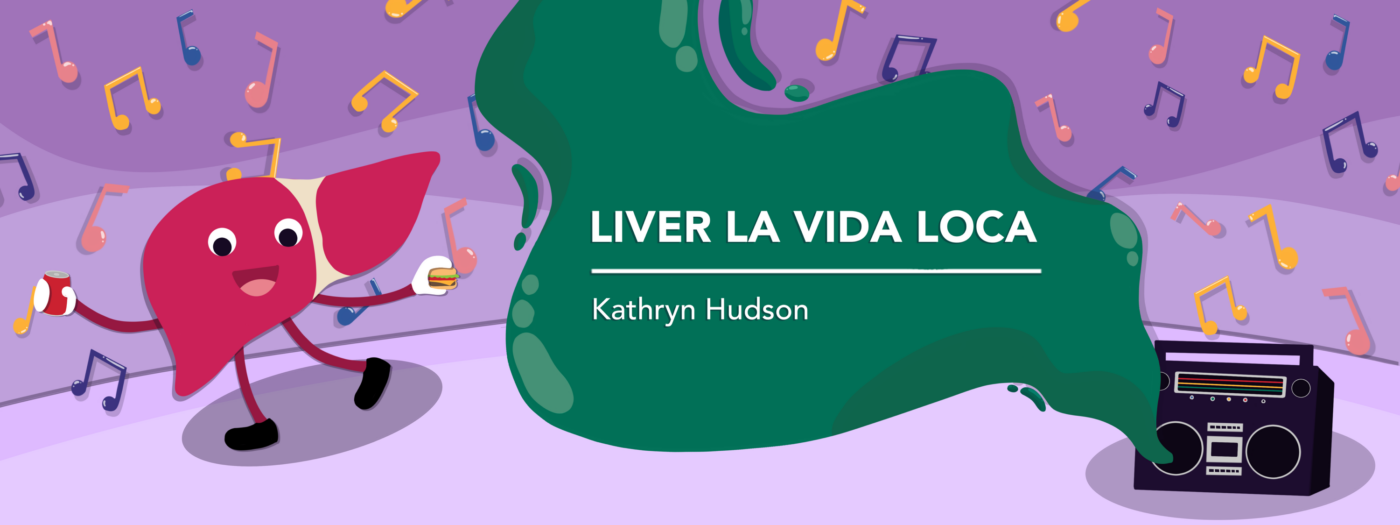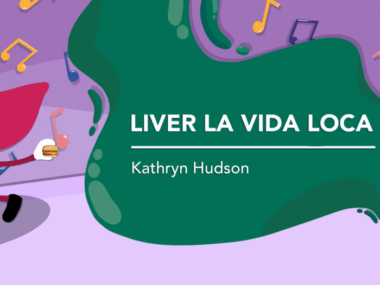Changes big and small can benefit those of us with MASH
Autumn reminds me to welcome change, in whatever form it takes
Written by |

This morning I woke up to a changed forest outside my window. I live in a beautiful park in Baltimore, and I bought my house in part for the gorgeous tree across the street. In the spring, Charlotte Brontë — the tree in question, which I named after a distant cousin — offers me flowers that turn from pink to white before drifting onto the street, sidewalks, and car windows.
This time of year, though, she wears orange leaves tinged with the bitterness of fall. Soon, those leaves will be cursed by my neighbor, who doesn’t appreciate the changing nature of nature. But it’s the circle of life, and we’re not so different from the trees. We change, too.
Curled up with coffee, cats, and my laptop, listening to Langhorne Slim’s “Changes,” I think about the many ways living with metabolic dysfunction-associated steatohepatitis (MASH) has altered me. Some of the changes are obvious, but others are so small that maybe only I notice them. You might have your own quiet shifts, too.
More than food
The biggest change is my focus on health. When I was younger, I was carefree. I didn’t pay much attention to the weight I piled on in my 20s until it became a reckoning in my 30s. Food was my coping mechanism in a failing marriage, even after I had gastric bypass surgery. By then, I was pushing 400 pounds. By my 40s, I had lost much of that weight, but I also had a new reason to keep going: I was killing my liver.
Other changes are quieter. I don’t eat out much anymore because I prefer my own cooking, and that of my partner. He and I enjoy going to restaurants, but when he comes home from his family’s country home with armloads of fresh vegetables he’s grown with his dad, I’d rather eat those. Especially the tomatoes.
Cooking at home is more than a meal; it’s connection. That alone is healing. These days, my drink of choice is unsweetened iced tea or plain water. I used to guzzle soda, which I now only touch occasionally. Besides, I don’t need added sugar — I’m sweet enough already!
In my younger years, I mastered the art of laziness, arranging everything within reach so I wouldn’t have to move much. Picture a fat, fluffy cat rolling in a sunbeam on the kitchen floor. That was me. Now, I don’t mind challenges. I’m reorganizing my kitchen, and when I realize something I need is upstairs, I don’t sigh and beat myself up for forgetting. I just go get it and burn a few calories. No self-recrimination, no drama. We’re all just silly humans, right?
Big changes matter, but the nearly invisible ones may be even more important. One of the biggest shifts is in how I advocate for myself. I know I have to fight for my health and my future because no one else can do it for me. Sometimes that means inching forward with tiny bits of courage. Other times, it means roaring like a lion without hesitation. Either way, my voice matters. Yours does, too.
Soon the leaves will fall, and things will shift again. Even Charlotte Brontë, my tree, will stand naked in the public park until snow or spring gives her new dresses. I’ll pull out my favorite sweater to wear when my daughter, my partner, and I pick apples at his parents’ place. We’ll drink cider, wear knitted caps, and smell the smoke from chimneys curling cedar, pine, and oak into the night air. These changes make me happy.
Fall is a season to celebrate both the big and the small. I’ll be on the lookout for a leaf pile to flop into with my daughter so we can make “leaf angels.” If you spot me later with twigs in my hair, just know I’m fine with it. I’ve learned to welcome change, in every form it takes.
Note: Liver Disease News is strictly a news and information website about the disease. It does not provide medical advice, diagnosis, or treatment. This content is not intended to be a substitute for professional medical advice, diagnosis, or treatment. Always seek the advice of your physician or other qualified health provider with any questions you may have regarding a medical condition. Never disregard professional medical advice or delay in seeking it because of something you have read on this website. The opinions expressed in this column are not those of Liver Disease News or its parent company, Bionews, and are intended to spark discussion about issues pertaining to liver disease.



Leave a comment
Fill in the required fields to post. Your email address will not be published.